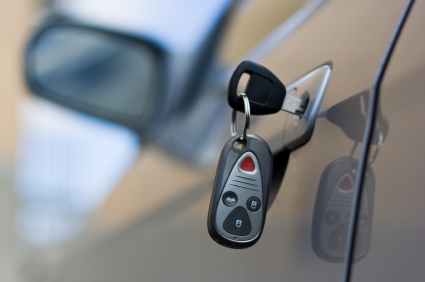A violation of the rules for the Monitoring Device Driving Permit (MDDP) can cause the Secretary of State to take adverse action against that person’s driving privileges. The Secretary of State can extend the summary suspension, cancel the permit all together, and even require the driver to obtain a restricted driving permit after the summary suspension is over.
For example, a traffic ticket is a violation of the MDDP. If a person is convicted of a moving violation while using the permit, the Secretary of State will extend the summary suspension for the original length of suspension. A 6-month summary suspension would be extended an additional 6 months. And likewise, a 12-month suspension will be extended for another 12 months.
But there are a number of other offenses which will result in the cancellation of the MDDP.
If the driver is found guilty of any of the following offenses, then the permit will be cancelled:
- Driving while license suspended or revoked. 625 ILCS 5/6-303.
- Fleeing and eluding a peace officer. 625 ILCS 5/11-204.
- Leaving the scene of an accident. 625 ILCS 5/11-401.
- Reckless driving. 625 ILCS 5/11-503.
- Street racing. 625 ILCS 5/11-506.
- Any offense in which alcohol or drugs is an element involving a motor vehicle (eg, possession of cannabis where the court notifies the Secretary of State that the offense involved a motor vehicle).
The MDDP is also subject to cancellation if the driver operates a motor vehicle not equipped with a Breath Alcohol Ignition Interlock Device (BAIID). See 625 ILCS 5/6-206.2.
Cancellation means the driver cannot use the permit during the remainder of the summary suspension. However, the person’s driver’s license is not restored after the summary suspension. Rather, if the Secretary of State cancelled the MDDP because of any of the foregoing, then the driver must obtain a restricted driver’s permit (RDP) after the summary suspension. And the RDP must be used for a period that is double the length of the original summary suspension.


